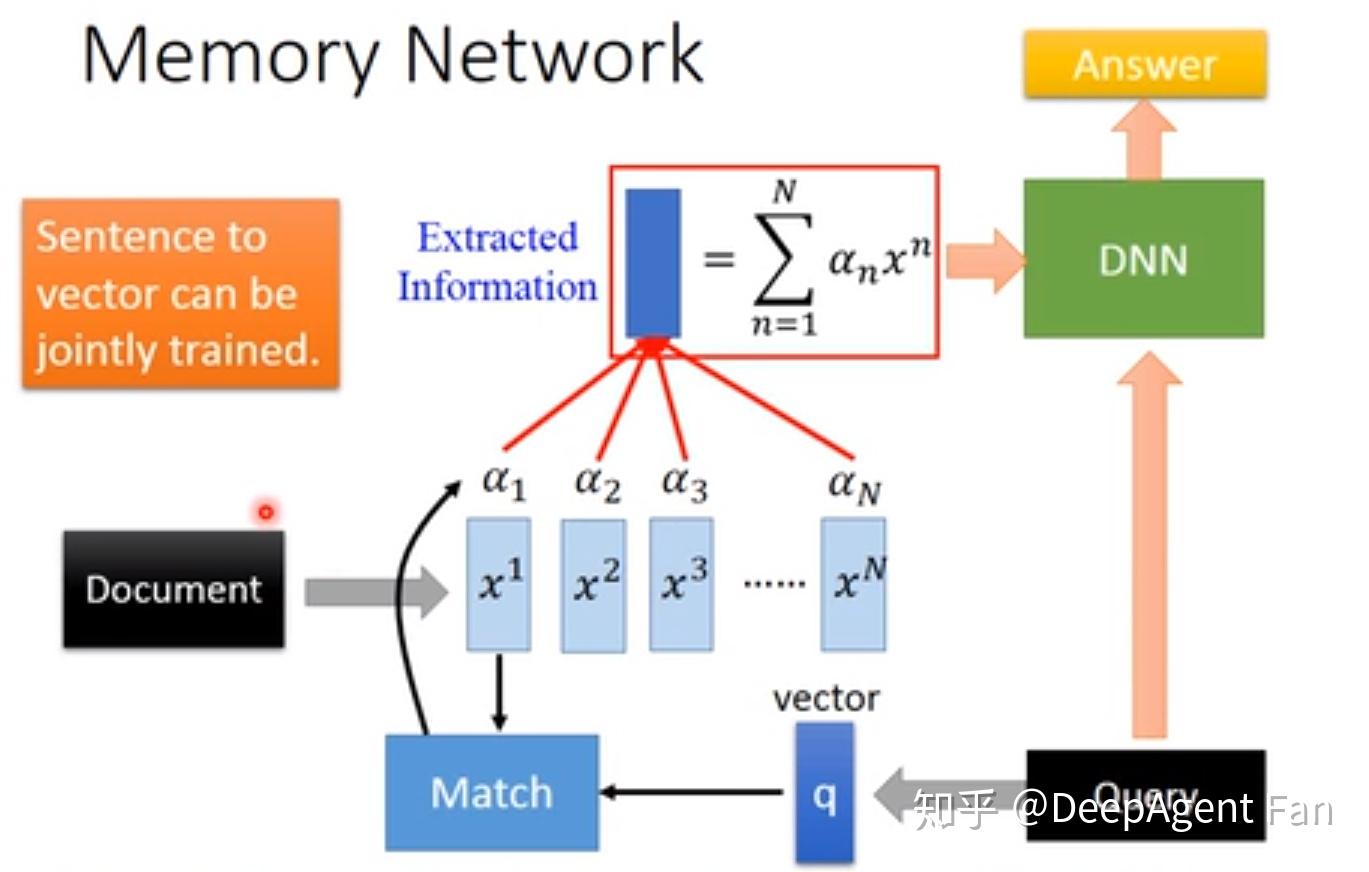|
Precision agriculture, also known as smart farming or digital farming, is a cutting-edge approach that leverages technology to optimize agricultural practices. By integrating advanced tools such as sensors, drones, satellite imagery, and data analytics, precision agriculture aims to enhance crop production while minimizing resource waste and environmental impact. One of the key advantages of precision agriculture is its ability to provide farmers with real-time data on various factors that affect crop growth and health. Soil moisture levels, nutrient content, temperature, and pest infestations can all be monitored using sensor technology. This data allows farmers to make informed decisions about irrigation, fertilization, and pest control, ensuring that crops receive precisely what they need for optimal growth. Drones equipped with high-resolution cameras are another essential tool in precision agriculture. These aerial devices can capture detailed images of fields, providing valuable insights into plant health and identifying areas of concern such as water stress or disease outbreaks. With this information, farmers can take targeted actions to address specific issues, reducing the need for blanket treatments and saving resources. Satellite imagery plays a crucial role in precision agriculture by providing a macroscopic view of farmland. Satellites can monitor large areas, collecting data on vegetation indices, soil composition, and even predicting weather patterns. Farmers can access this information through online platforms or mobile apps, allowing them to monitor their fields remotely and make accurate predictions about crop yields and potential risks. The power of precision agriculture lies not only in data collection but also in data analysis. Advanced analytics algorithms can process vast amounts of information, generating actionable insights for farmers. Machine learning models can predict crop diseases, optimize irrigation schedules, and suggest optimal planting patterns based on historical data. This enables farmers to make data-driven decisions that maximize productivity and minimize environmental impact. Furthermore, precision agriculture promotes sustainability by reducing resource waste. With precise control over inputs such as water, fertilizers, and pesticides, farmers can minimize excess usage, lowering costs and mitigating environmental pollution. The targeted application of resources also reduces the potential for negative effects on human health. In conclusion, precision agriculture is revolutionizing farming through the integration of technology. By harnessing the power of sensors, drones, satellite imagery, and data analytics, farmers can optimize their practices, improve crop yields, and reduce environmental impact. This innovative approach not only benefits farmers but also contributes to global food security and sustainability. As technology continues to advance, precision agriculture will undoubtedly play a crucial role in shaping the future of farming.  |
